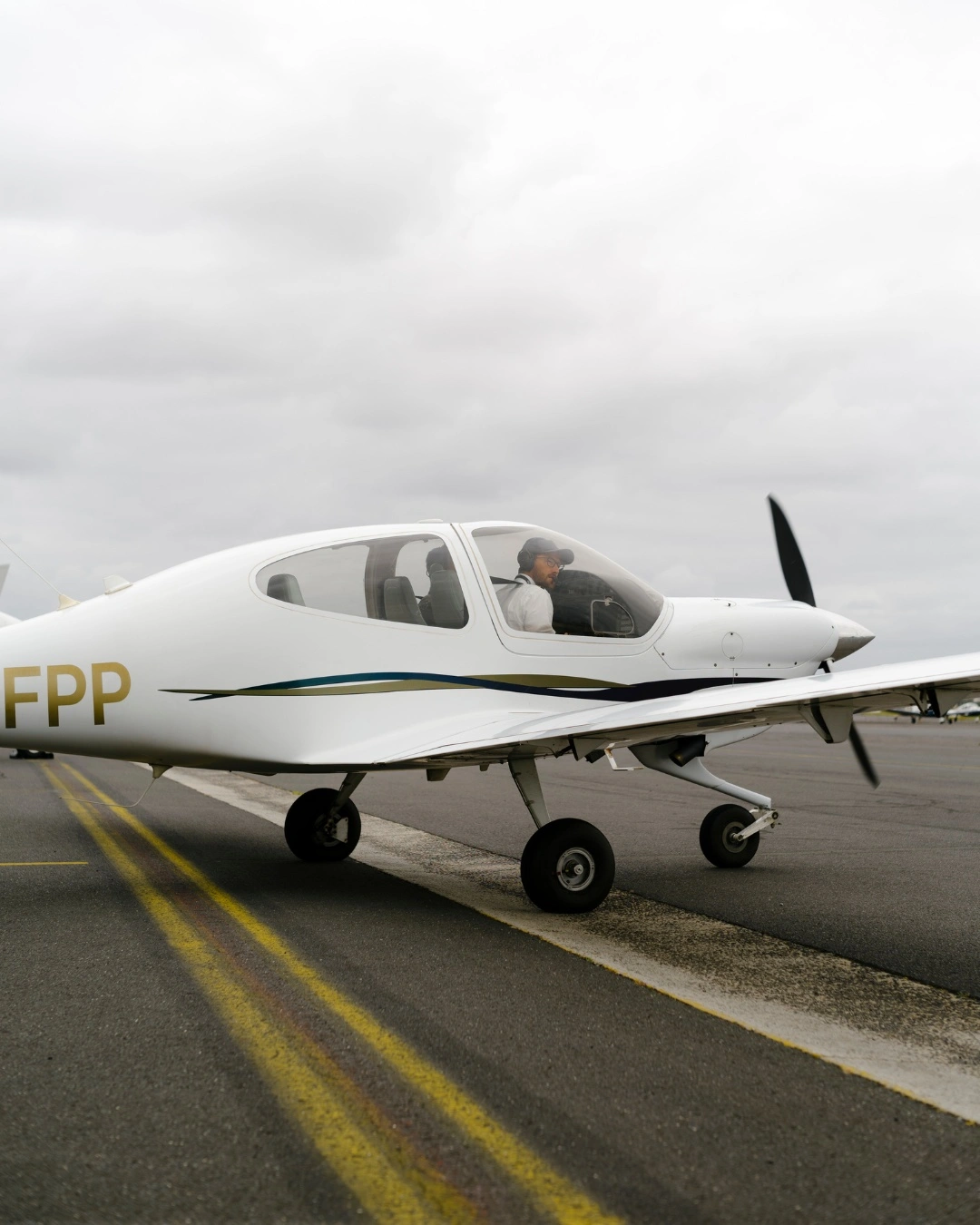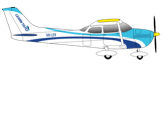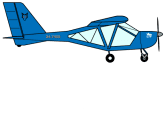
February 15, 2024
Mastering the Cockpit: Advanced Techniques in Instrument Flight
An instrument rating significantly broadens a pilot’s capabilities and career prospects. It allows pilots to operate under Instrument Flight Rules (IFR), enabling them to fly in a wide range of weather conditions and ensuring safer operations when visibility is limited. This qualification is often a prerequisite for airline applications, as it demonstrates a pilot’s ability to handle complex navigational challenges.
Moreover, for flight instructors, having an instrument rating is advantageous. It not only enhances their teaching capabilities but also prepares them for career advancement opportunities within flight schools, such as training other pilots for their instrument ratings. Therefore, obtaining an instrument rating opens up more job opportunities and is a critical step for pilots aiming to advance in their aviation careers.
Mastering instrument flight involves a comprehensive skill set, each vital for navigating safely in varied flight conditions.
Instrument Flight Rules (IFR) Proficiency
Primarily, proficiency in Instrument Flight Rules (IFR) is critical. IFR governs aircraft navigation and operation in conditions lacking visual cues, demanding a deep understanding of these rules for safe and efficient flight.
Spatial Orientation and Situational Awareness
Equally vital is spatial orientation and situational awareness. Pilots must maintain their spatial orientation using only instruments, constantly aware of their aircraft’s position and trajectory in a three-dimensional space. This skill is crucial in conditions with limited visibility, where pilots rely entirely on instrument readings to navigate.
Proficiency in Aircraft Control
Proficiency in aircraft control is another cornerstone of instrument flight. Pilots must skillfully manage the aircraft’s altitude, speed, and heading, with precision, relying solely on instrument readings. This precision is crucial in maintaining a safe and steady flight path, particularly in challenging weather conditions or congested airspace.
Navigation Skills
Navigation skills also play a pivotal role. Pilots must be adept in using advanced navigation systems like VOR, ILS, and GPS. These systems assist in accurate route planning and adherence, ensuring that the aircraft remains on its intended path throughout the flight.
Interpreting Weather Information
Interpreting weather information is an integral part of IFR operations. Pilots must understand and interpret meteorological data, as weather significantly impacts flight. This knowledge helps in making informed decisions, especially in adverse weather conditions.
Communication Skills
Communication skills are indispensable in instrument flight. Effective communication with air traffic control (ATC) is essential for receiving and understanding instructions and clearances. This ensures a coordinated and safe flight operation within the controlled airspace.
Flight Planning and Management
Flight planning and management involve considering various factors like fuel requirements, altitudes, routes, and alternate airports. Efficient planning is key to a successful flight operation, especially under IFR conditions.
Continuous Learning and Adaptation
Continuous learning and adaptation are crucial in the ever-evolving field of aviation. Pilots must stay updated with the latest technology and regulations, ensuring their skills and knowledge remain relevant and effective.
In summary, successful instrument flight hinges on a blend of technical proficiency, situational awareness, decision-making skills, and continuous learning. These attributes are indispensable for pilots navigating in environments where reliance on visual cues is not possible, ensuring safety and efficiency in modern aviation.
What Else Should I Know?
We’ve compiled a few useful posts that might help you out. Wherever you are on your aviation journey, the team at Learn To Fly Melbourne are here to help. We want you to pass your exams and have an excellent career, so please reach out if we can help support you through your course and studies!
Aspiring Career Pilots – Here’s Why You Need a Diploma of Aviation
With so many different types of aviation qualifications out there, which one should you choose? And which Melbourne flight school do you approach? These can be tricky questions to answer, so let us help you out.
Flight Instructor Training Endorsements – All You Need To Know
In this blog, we’ll outline the Flight Instructor Training Endorsements that are available. We’ll also guide you on how each of these endorsements can add value to your role as a Flight Instructor, and your progression as a professional pilot.









